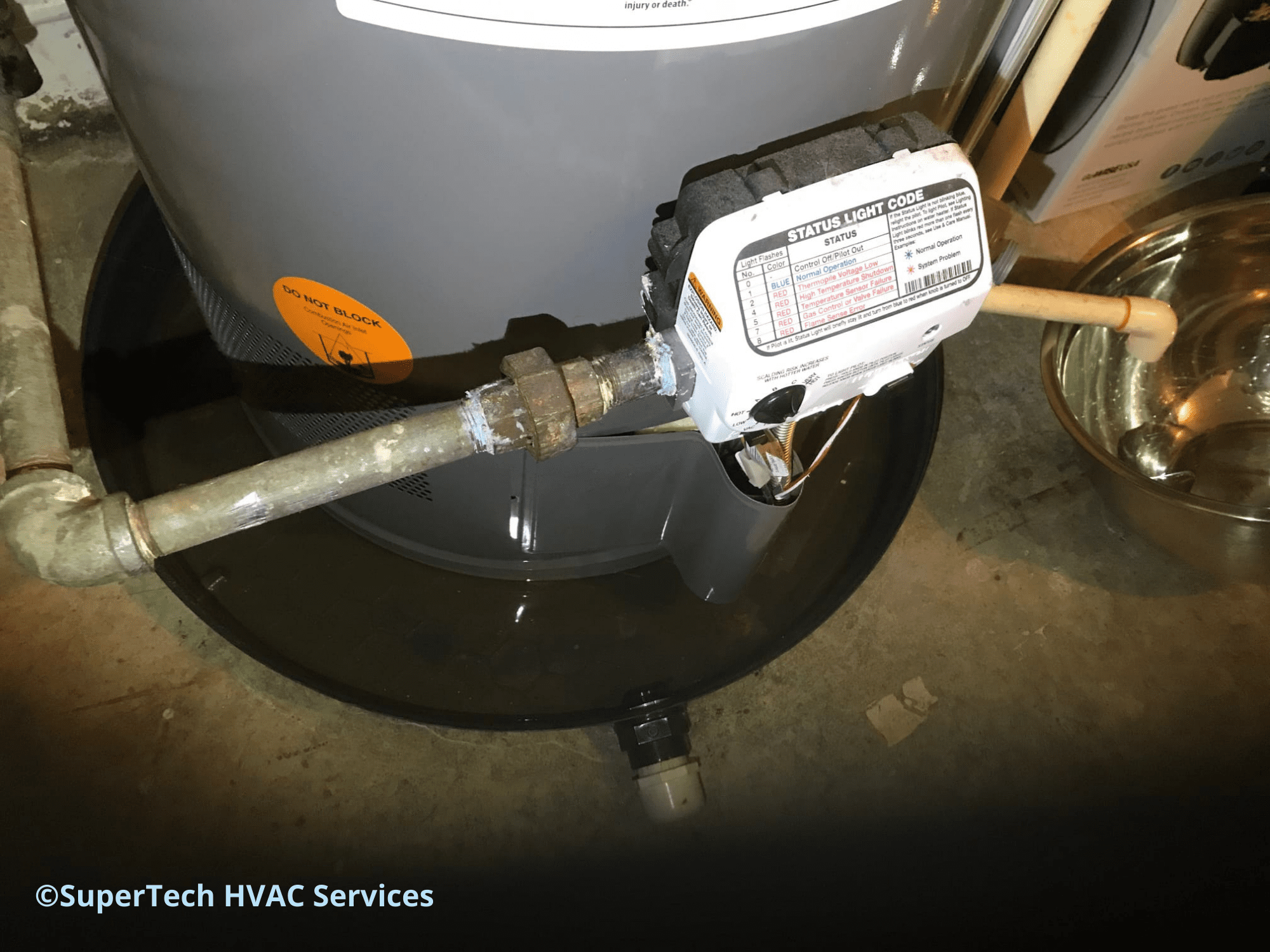Dealing With Common Water Heater Challenges
Dealing With Common Water Heater Challenges
Blog Article
How do you really feel on the subject of Common Problems with Your Home Water Heater?

Picture beginning your day without your regular hot shower. That already establishes an inadequate tone for the rest of your day.
Every house requires a dependable water heater, yet only a few know how to handle one. One easy means to keep your hot water heater in leading shape is to look for mistakes routinely and also fix them as soon as they appear.
Bear in mind to turn off your water heater before sniffing around for faults. These are the water heater faults you are probably to come across.
Water as well warm or as well chilly
Every hot water heater has a thermostat that establishes just how hot the water gets. If the water entering into your residence is also warm in spite of setting a convenient maximum temperature level, your thermostat could be faulty.
On the other hand, also cold water might be due to a failed thermostat, a busted circuit, or incorrect gas flow. As an example, if you utilize a gas water heater with a broken pilot burner, you would obtain cold water, even if the thermostat is in excellent problem. For electric heating units, a blown fuse might be the offender.
Not nearly enough warm water
Hot water heater come in lots of dimensions, depending on your hot water needs. If you lack hot water before everybody has actually had a bathroom, your water heater is as well tiny for your family size. You need to consider setting up a larger water heater storage tank or selecting a tankless hot water heater, which occupies much less room as well as is a lot more resilient.
Unusual sounds
There are at least 5 type of noises you can hear from a hot water heater, but one of the most usual interpretation is that it's time for the hot water heater to retire.
First off, you ought to recognize with the regular seems a hot water heater makes. An electric heater might appear various from a gas-powered one.
Popping or banging noises normally indicate there is a piece of sediment in your tanks, and it's time to cleanse it out. On the other hand, whistling or hissing sounds may merely be your shutoffs letting some pressure off.
Water leakages
Leakages might come from pipelines, water connections, shutoffs, or in the worst-case circumstance, the container itself. Gradually, water will corrode the container, and also locate its escape. If this occurs, you need to change your hot water heater as soon as possible.
Nevertheless, before your adjustment your entire tank, make certain that all pipes remain in place which each shutoff works flawlessly. If you still need assistance identifying a leak, call your plumber.
Rust-colored water
Rust-colored water implies among your water heater elements is worn away. Maybe the anode rod, or the tank itself. Your plumber will certainly have the ability to identify which it is.
Warm water
Despite exactly how high you set the thermostat, you will not get any type of hot water out of a heating unit well past its prime. A hot water heater's performance may reduce with time.
You will likewise obtain warm water if your pipelines have a cross connection. This implies that when you turn on a tap, hot water from the heating unit moves in together with normal, cold water. A cross connection is very easy to place. If your warm water faucets still follow shutting the water heater valves, you have a cross connection.
Discoloured Water
Corrosion is a significant source of unclean or discoloured water. Rust within the water storage tank or a failing anode pole might cause this discolouration. The anode pole protects the container from rusting on the inside and also must be inspected annual. Without a pole or an appropriately functioning anode rod, the hot water swiftly rusts inside the storage tank. Call a professional water heater professional to identify if replacing the anode rod will repair the issue; otherwise, change your water heater.
Conclusion
Ideally, your water heater can last 10 years before you need a change. However, after the 10-year mark, you may experience any of these mistakes extra on a regular basis. At this moment, you must add a new water heater to your spending plan.
How To Troubleshoot 3 Common Water Heater Problems in Twin Cities
The Water Heater Is Leaking
A leaky cold water inlet valve A loose pipe fitting A leaky temperature and pressure relief valve A corroded anode rod A cracked tank Turn Off Your Water Heater:
Shut off your gas water heater by turning the gas valve on the unit to the “OFF” position. Shut off your electric water by switching its power off at your electrical panel. Look for a two-pole breaker labeled “water heater” and turn it to the “OFF” position. Move the ball valve connected to the water heater to be perpendicular to the piping at a 90° angle. Look for the Leak:
Depending on whether the water is coming from the tank's top or bottom, you’ll want to look for the leak in different locations.
If the leak comes from the top of the tank, carefully look for water escaping from the cold water inlet valve or loose pipe fittings. Rusted hot and cold water valves can have loose connections with the tank, with water leaking out of them.
https://mspplumbingheatingair.com/blog/how-to-troubleshoot-3-common-water-heater-problems
I was made aware of that article on Water Heater Repair and Troubleshooting through a friend on a different web property. Kindly take the time to promote this post if you liked it. Thanks a lot for going through it.
Top service, one call. Report this page